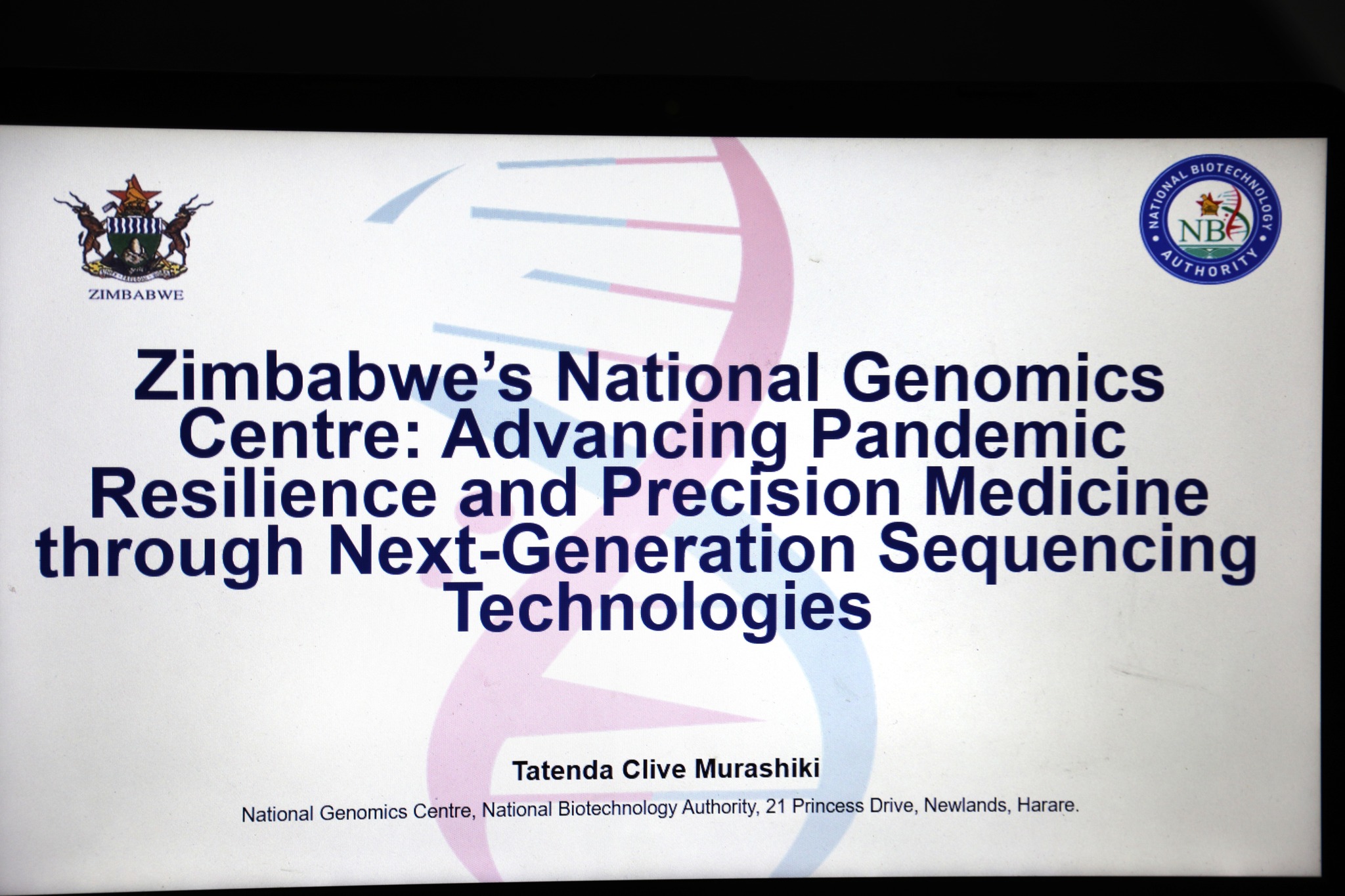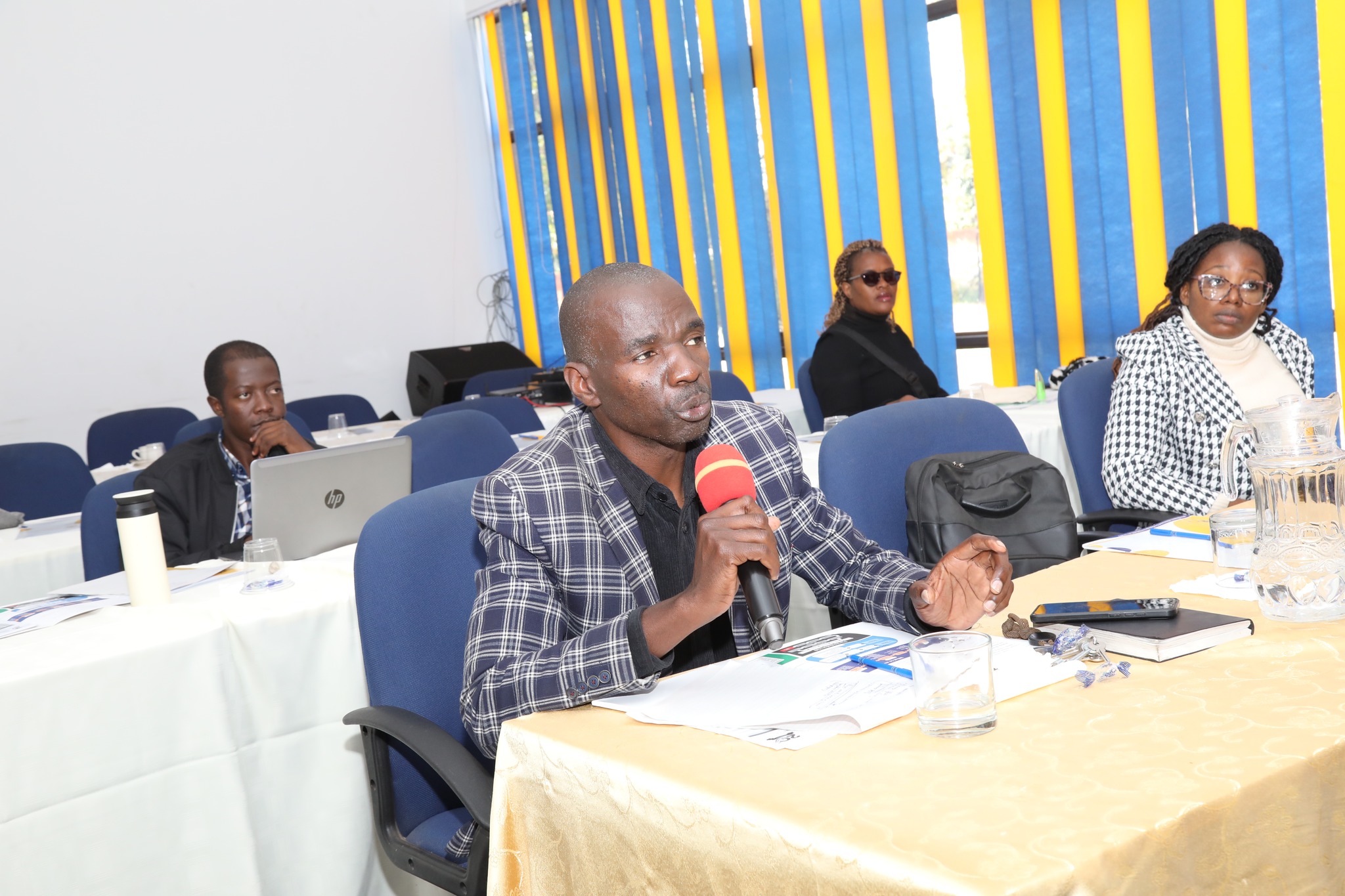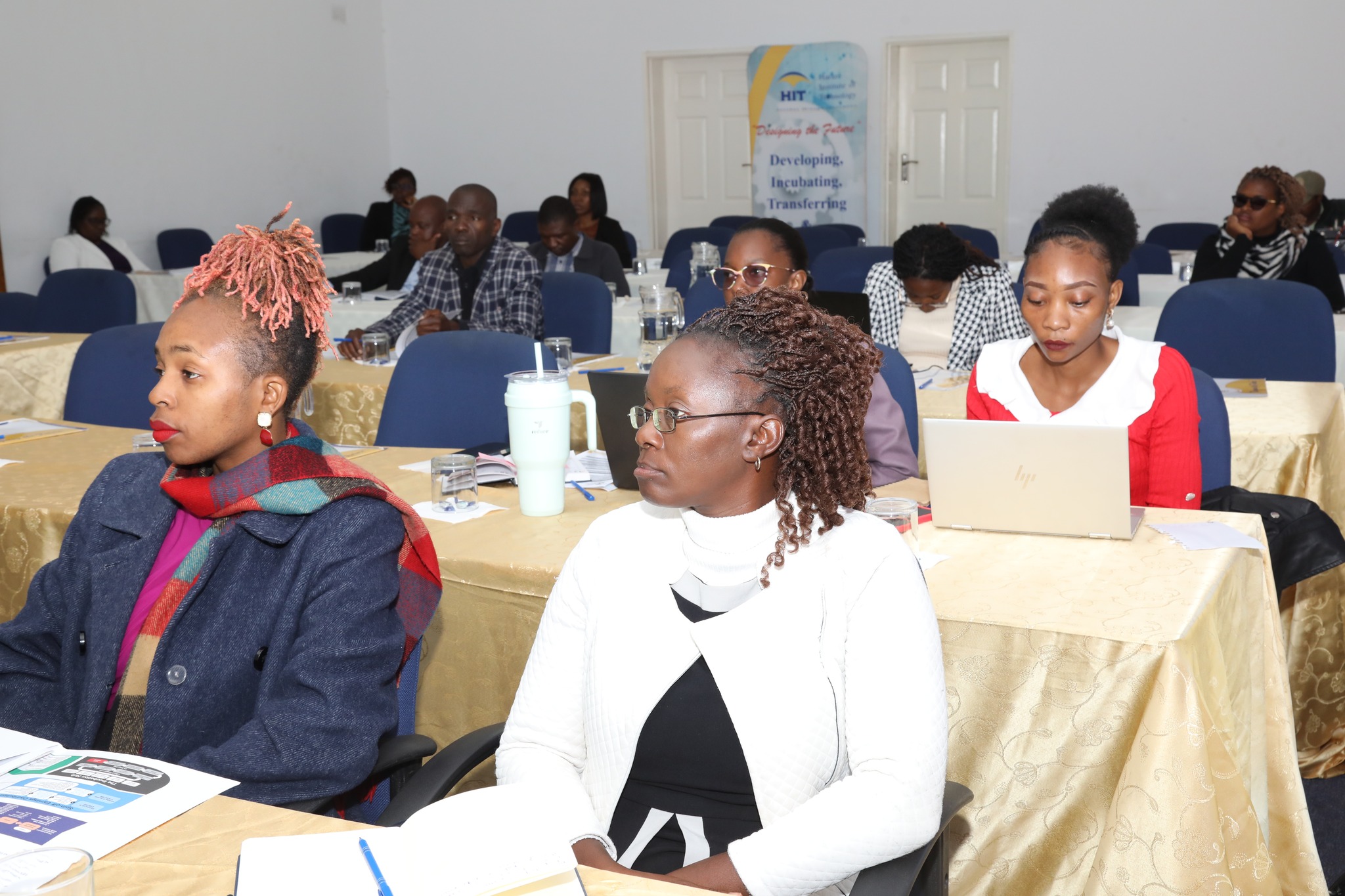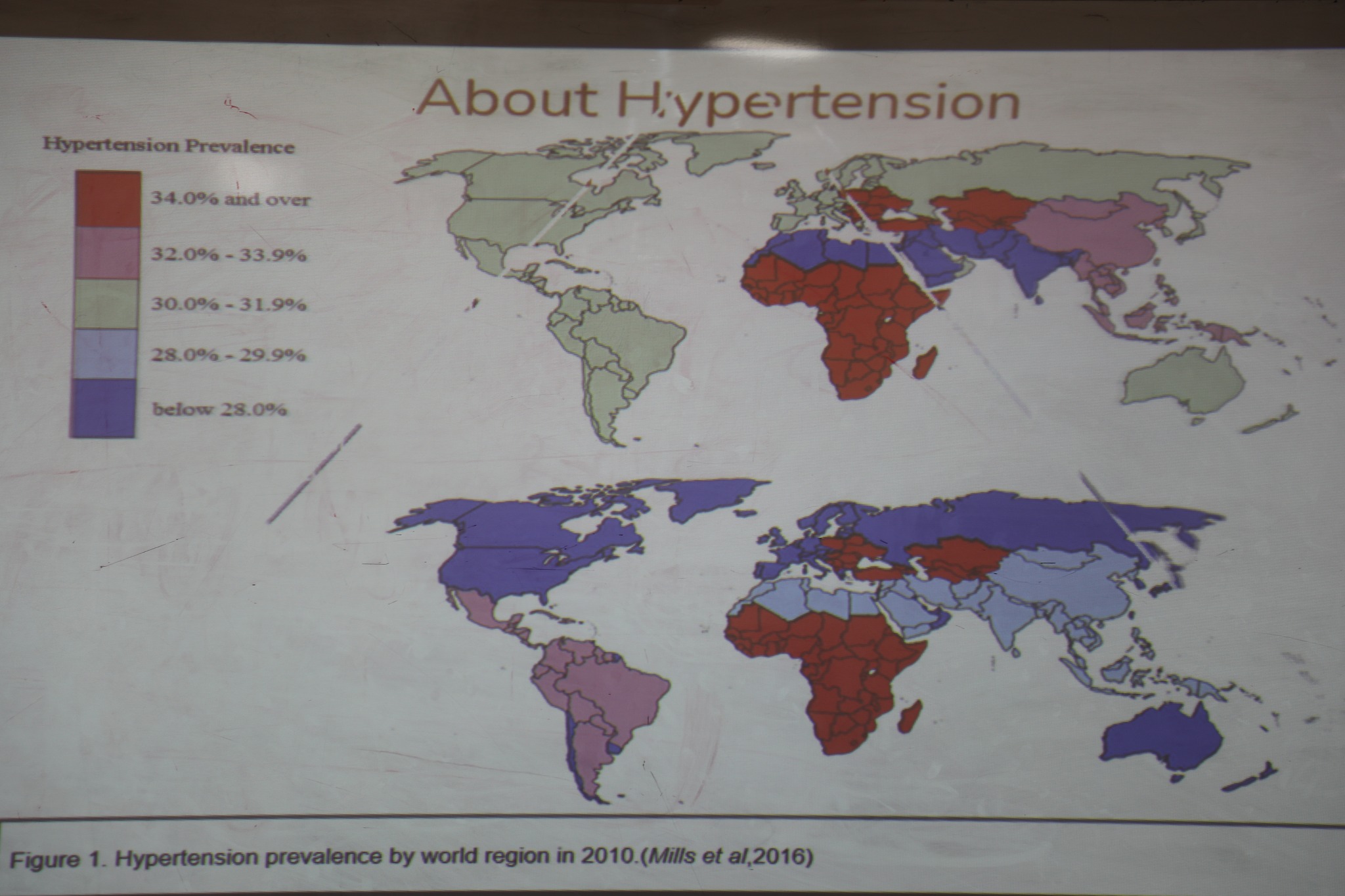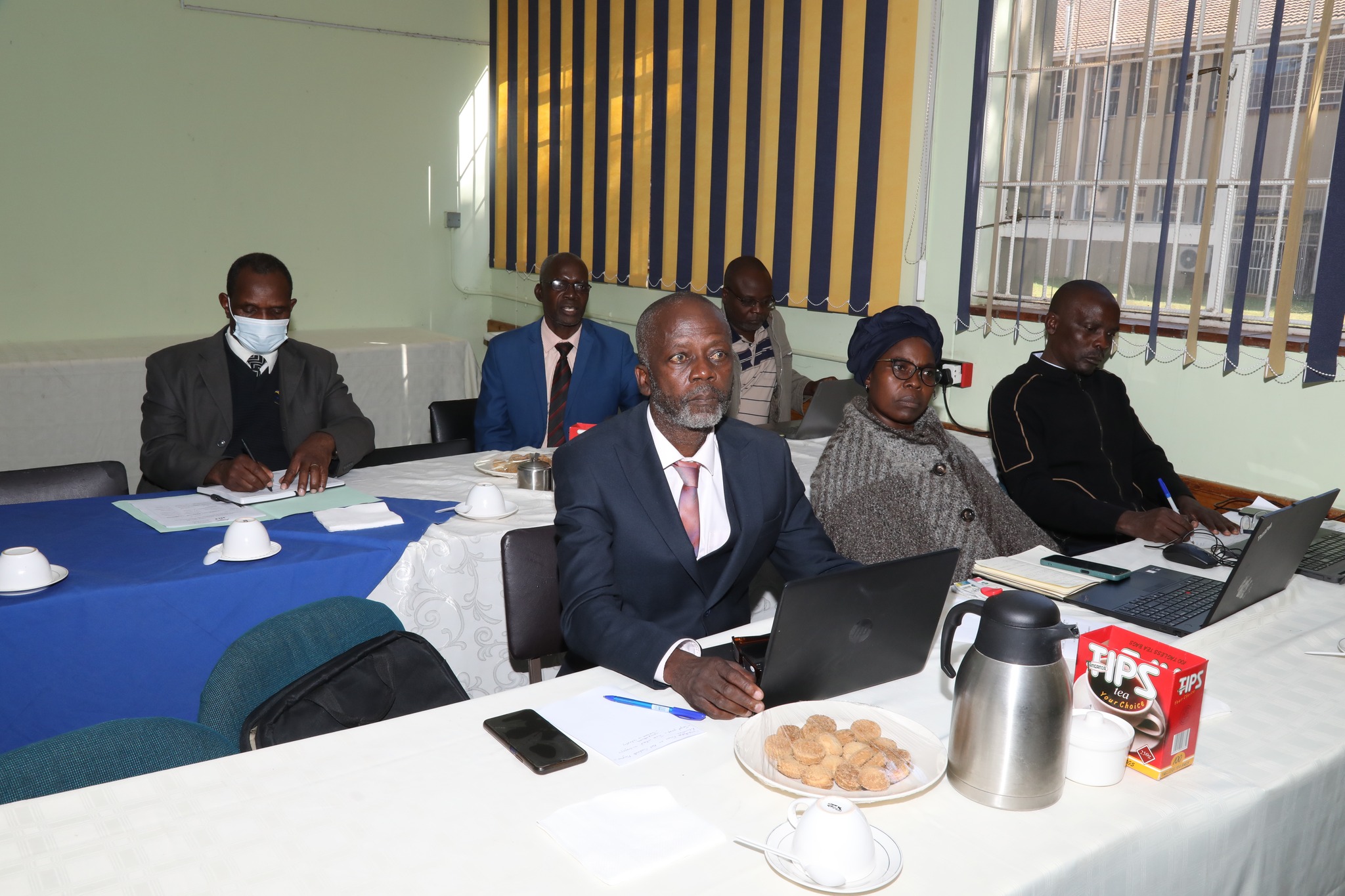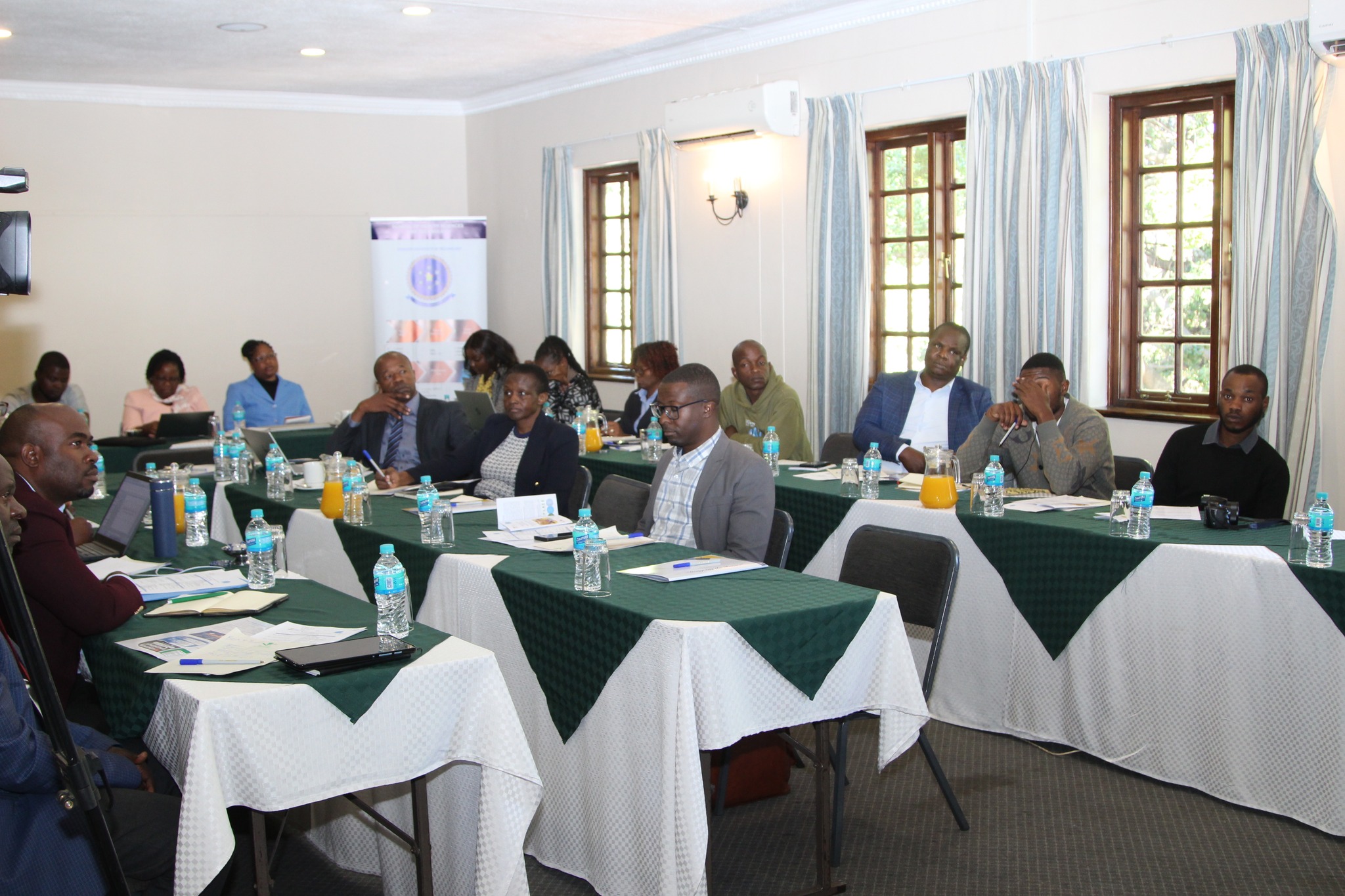The Departments of Food Processing Technology and Biotechnology at the Harare Institute of Technology (HIT) jointly hosted the inaugural Innovations in Food Processing and Biotechnology Symposium (IFPBS) on 29 – 30 May 2025, at the institute’s Innovation Hub.
The event brought together researchers, industry experts, and students to showcase cutting-edge research and foster collaboration in the fields of food innovation and biotechnology.
The two-day symposium featured a comprehensive programme of keynote addresses, technical sessions, poster presentations, and exhibitions, spotlighting advancements aimed at transforming food production and ensuring food security across Africa.
In his keynote speech, Mr. C. Mawere, representing the HIT Dean of the School of Industrial Sciences and Technology, emphasised the critical role of food processing and biotechnology in reshaping the future of food production amid mounting pressures, including population growth, climate change, and resource depletion. “Our world faces unprecedented challenges,” Mawere stated.
“Biotechnology offers powerful tools, from genetically modified organisms to precision agriculture that can help us increase yields, reduce environmental impact, and build resilience against climate variability.”
Mr Mawere also called for collaborations among scientists, policymakers, industry leaders, and communities as essential to harness these innovations for the common good.
The session also highlighted the role of genomics, bioinformatics, and biotechnology in addressing health issues such as hypertension, diabetes, and HIV, with a presentation on “Genomic biomarkers of hypertension susceptibility in African populations” by Mr L. Marufu from the National Biotechnology Authority (NBA) and “In-Silico Evaluation of Mutombo, a Traditional Zimbabwean Medicine” by T. Madzokere.
The afternoon session delved into innovative food processing techniques, including biofertilizers’ impact on crop productivity, reduction of Trans fats in processed foods, and the application of machine learning and block chain technology for food safety and traceability. Notable presentations included “Enhancing Consumer Protection, Nutrition, and Affordability in Zimbabwe” by P. Chikwiriro and “Application of Machine Learning in Food Fraud Detection” by Mr J. Ndikudze.
Day Two continues with sessions on probiotic dairy products, traditional fermentation processes, and food waste management. Prominent topics covered the stability of probiotic yoghurt, optimising biofortified maize processing to retain provitamin A, and innovative uses of banana fruit in waste management, highlighting the symposium’s emphasis on sustainable and health-focused food solutions.
The symposium spotlighted advancements like biofortification, which enhances the nutritional value of staple crops, and precision farming techniques utilising data analytics, satellite imagery, and Internet of Things (IoT) devices to optimise resource use and minimise waste. These innovations promise a future where farmers can monitor soil health in real-time, apply resources efficiently, and promote sustainable practices.
Participants also discussed the importance of ethical considerations, transparency, and public engagement to foster trust and ensure equitable access to these technologies.
The symposium not only fosters knowledge exchange but also underscores Zimbabwe’s commitment to leveraging science and technology to address pressing food security challenges.
Organisers are optimistic that IFPBS 2025 will become an annual platform for scientific excellence and innovation in the region.









